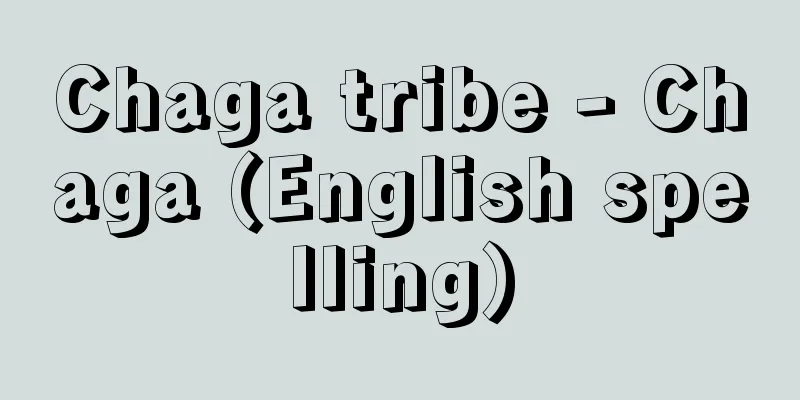Japanese Moral Theory - Nihondoutokuron

|
This is the main work of Nishimura Shigeki, a moral activist of the Meiji period. It is included in the first volume of "Nishimura Shigeki Complete Works," the first volume of "Hakuo Collection," and the Iwanami Bunko. In December 1886 (Meiji 19), Hakuo gave a speech to the public for three days at a university lecture hall outside Hitotsubashi, Tokyo, to warn people's hearts. In the spring of the following year, he printed a draft of the speech, titled "Japanese Morality Theory," and donated it to ministers and other acquaintances. The Minister of Education, Mori Arinori, read it and was very much in favor of it, but the Prime Minister, Ito Hirobumi, was angry and reprimanded the Minister for Education, as it slandered the new government. Mori had his secretary extract the articles that he thought were harmful to the new government, and asked Hakuo to amend them. Tokuo chose to let the book go out of print, but because there were people making and selling counterfeit editions, he revised the text in the chapters and published it. This is the second edition of "Japanese Morality Theory." However, the above-mentioned complete works, series, and paperback editions are all based on the first edition. It is a theory on national morality that is based on the belief that "increasing the honor of the Imperial Family and prolonging the happiness of the people is something that should not be pursued without abandoning morality." [Tetsushi Furukawa] [References] |Source: Shogakukan Encyclopedia Nipponica About Encyclopedia Nipponica Information | Legend |
|
明治の道徳運動家泊翁(はくおう)西村茂樹の主著。『西村茂樹全集』第1巻、『泊翁叢書(そうしょ)』第1編、岩波文庫などに収める。1886年(明治19)12月、泊翁は3日間東京・一ツ橋外の大学講義室に公衆を集めて演説し、人心を戒めた。翌87年春、演説の草稿を印行して『日本道徳論』と名づけ、大臣以下諸知人に贈与した。文部大臣森有礼(ありのり)はこれを読んで大いに賛成したが、総理大臣伊藤博文(ひろぶみ)は新政を誹謗(ひぼう)するものとして怒り、文部大臣を詰責(きっせき)した。森は秘書官をして新政に害あると思われる条々を摘出せしめ、泊翁に改刪(かいさん)を求めた。泊翁はむしろ絶版とするほうを選んだが、偽板をつくって売る者がいたので、篇(へん)中の文字を改めて公刊した。これが『日本道徳論』第2版である。しかし、前述の全集、叢書、文庫はすべて第1版によっている。「皇室の尊栄を増し国民の幸福を長ぜんことは、道徳を棄(す)てゝは他に求むべき者なかるべし」という信念から説かれた国民道徳論である。 [古川哲史] [参照項目] |出典 小学館 日本大百科全書(ニッポニカ)日本大百科全書(ニッポニカ)について 情報 | 凡例 |
<<: Japan Highway Public Corporation
>>: Japanese Cave Lantern Record - Nihonto Jouren Toroku
Recommend
Nematophora
…A general term for arthropods belonging to the o...
Odd permutation
A permutation obtained as the product of an odd nu...
Cagliari (English spelling)
The largest city on the island of Sardinia, locate...
Harunori Uesugi
Lord of Yonezawa Domain in the mid-Edo period. Bo...
Granulated sugar - Granulated sugar
High-quality brown sugar. The crystals are fine an...
The Art of Fugue
An unfinished work by German composer J.S. Bach (1...
atractylodin
… [Hiroshi Koyama] [Medicinal] In traditional Chi...
Fès (English spelling)
The capital of Fes Province in north-central Moroc...
Kardiner, A.
...This is an introduction to the study of nation...
Artificial feed - jinkoushiryo (English spelling) synthetic feed
A feed given in place of natural feed for a specif...
Yi Sun-shin
A famous naval commander in the Joseon Dynasty, K...
Fascia - Muscles
The connective tissue membrane that surrounds a mu...
Fox mound - Fox mound
The title of a kyogen piece. Tarokaja Kyogen. Tar...
Silt - shiruto (English spelling) silt
In geology and petrology, silt is a particle size...
Ouu - Ouu
Mutsu Mutsu Country and Dewa See you A country in...


![Kamikawachi [town] - Kamikawachi](/upload/images/67cb3edf190cb.webp)





![Karuizawa [town] - Karuizawa](/upload/images/67cb439208ffe.webp)
